Have you ever felt like a balloon slowly filling with water, reaching its limit, and desperately needing to be released? Just like that balloon, your furry friend also has a limit to how long they can hold their pee overnight.
It’s a crucial aspect of their well-being that requires thoughtful consideration and understanding. Understanding how long your dog can hold their pee overnight is not only essential for their comfort but also for maintaining a healthy and harmonious living environment for both of you.
So, how do you ensure your dog’s overnight comfort while keeping your home accident-free? Let’s explore the essential guidelines for navigating this delicate balance.
Key Takeaways
- Age and size are important factors that affect a dog’s ability to hold their pee overnight.
- Underlying health conditions can also impact a dog’s bladder control.
- Paying attention to signs such as sniffing, circling, scratching at the door, and restlessness can indicate when a dog needs to pee.
- Consistent bathroom routines, training, and addressing health concerns can help improve a dog’s bladder control.
Factors Affecting Overnight Pee Holding
When it comes to understanding the factors affecting a dog’s ability to hold their pee overnight, various elements such as age, size, health, diet, water intake, and environmental factors play crucial roles.
Age is a key factor; puppies and senior dogs may have limited bladder control compared to adult dogs.
Size also matters; smaller breed dogs have smaller bladders and may need more frequent bathroom breaks.
The health of your dog is important too; underlying health conditions such as urinary tract infections, kidney issues, and diabetes can impact bladder control and bathroom needs.
Diet and water intake play a role as well; moisture-rich foods and water intake can influence the frequency of urination.
Moreover, environmental and activity-related factors such as new places, long trips, and your dog’s preferences for where they pee can affect their bathroom habits.
By addressing these elements, you can better understand and help manage your dog’s bladder control overnight.
Signs of a Dog Needing to Pee
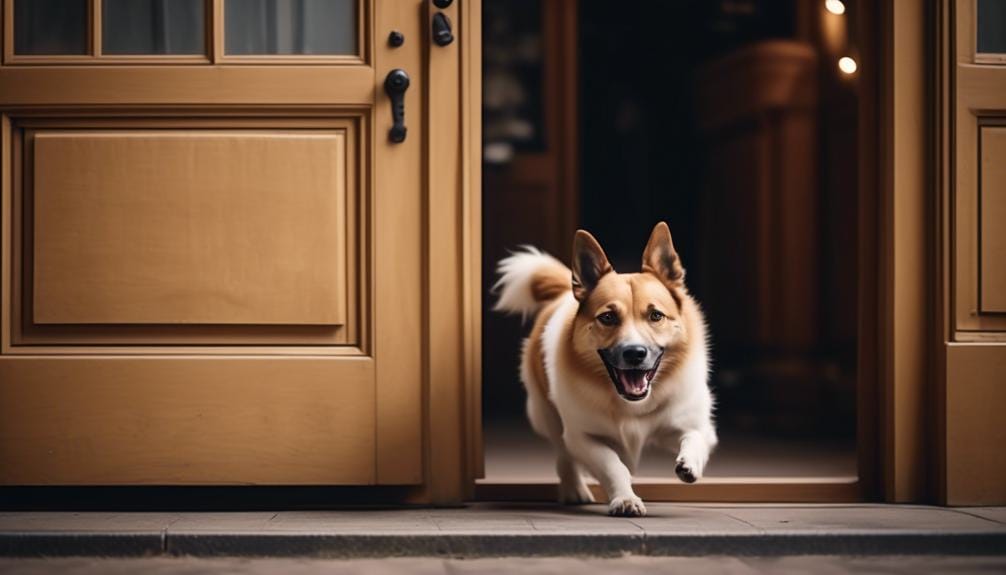
If your dog is exhibiting restlessness, pacing, or whining, it may be a sign that they need to pee. Recognizing the signs that your dog needs a potty break is essential for their well-being and your home’s cleanliness. Here are some signs that indicate your dog may need to relieve themselves:
- Sniffing the ground or circling: Dogs have a natural instinct to sniff and circle when they need to pee. If you notice your dog doing this, it’s a clear indication that they’re looking for a spot to potty.
- Scratching at the door: Some dogs are trained to scratch at the door when they need to go outside. This behavior is a clear indicator that your dog needs a potty break.
- Frequent trips to the door or window: If your dog is repeatedly heading towards the door or window, it’s likely that they’re signaling their need to go outside and relieve themselves.
- Whimpering or barking at unusual times: Uncharacteristic vocalization can be a sign that your dog needs to pee, especially if it’s outside of their regular potty breaks.
Being attentive to these signs will help you ensure that your dog is comfortable and able to maintain control over their bladder.
Health Issues Impacting Bladder Control
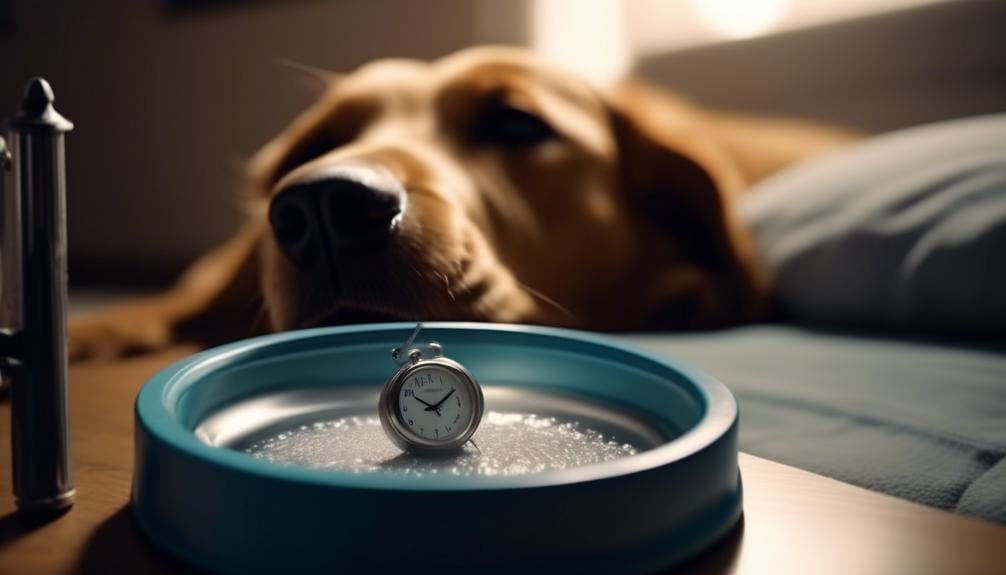
Health issues can significantly impact your dog’s bladder control, affecting their ability to hold urine overnight. Younger dogs, smaller breeds, and those with underlying medical conditions may struggle to hold their pee for extended periods. For example, a puppy or a smaller breed may need more frequent bathroom breaks due to their smaller bladder size. Similarly, senior dogs or those with health issues such as urinary tract problems, diabetes, or taking certain medications may also experience challenges with bladder control. It’s essential to consider these factors when determining how long dogs can hold their pee overnight.
The size of the dog can also impact their ability to hold urine, with smaller breeds generally having smaller bladders. For instance, a tiny Chihuahua may need to relieve themselves more often compared to a larger breed like a German Shepherd.
Additionally, environmental factors and diet can play a role in a dog’s urinary frequency. Ensuring a consistent bathroom routine, addressing any training issues, and managing potential health concerns can help in maintaining your dog’s bladder control.
Training for Better Bladder Control
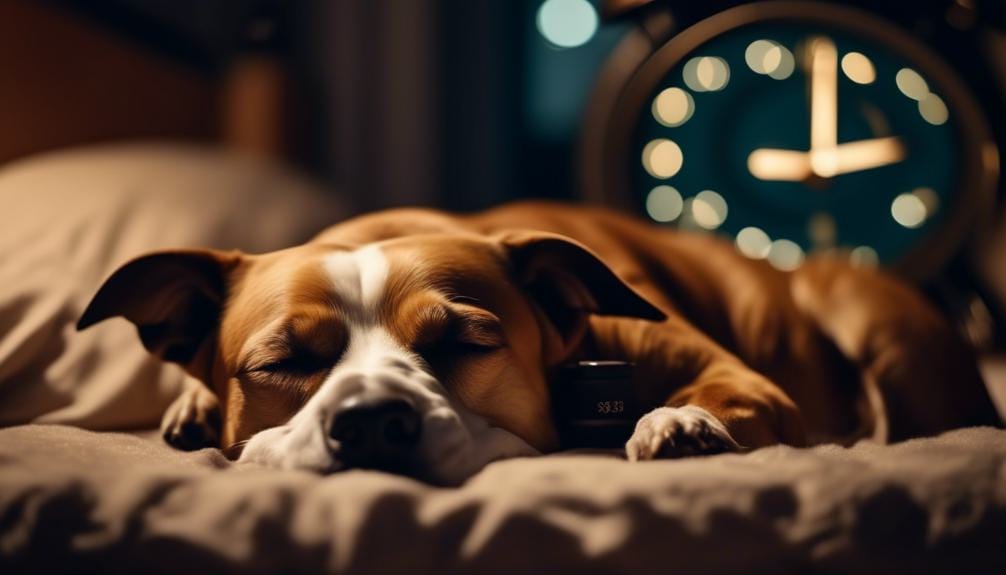
Dog’s bladder control overnight can be improved through consistent training and positive reinforcement. Establishing a routine and providing the right support can help your dog hold their pee more effectively, leading to fewer accidents and a happier pup.
Here’s how to train for better bladder control:
- Establish a consistent bathroom routine to prevent accidents and promote bladder control.
- Recognize signs of potential health issues related to bathroom needs and consult a vet.
- Consider the type of food you feed to support urinary health, as diet impacts urination frequency.
- Use positive reinforcement and consistent training to teach your dog to wait longer between bathroom breaks.
Potty Routine for Overnight Comfort

Establishing a consistent potty routine for your dog overnight can significantly contribute to their comfort and well-being. Adult dogs can generally hold their pee for about 6 to 8 hours, sometimes up to 10, overnight, while puppies may need to urinate more frequently due to their smaller bladders. It’s essential to pay attention to signs that your dog needs to pee urgently, such as restlessness, pacing, whining, sniffing the ground, circling, or scratching at the door. Small breeds may require more frequent bathroom breaks compared to larger breeds. Training your dog can help increase the time between bathroom breaks, but it’s important not to make them wait too long, as it can lead to discomfort or accidents. To ensure your dog’s comfort overnight, consider using pee pads as a temporary solution, especially for puppies or senior dogs with less bladder control. Below is a table to help you understand the average time dogs can hold their pee overnight:
| Dog’s Size | Average Time They Can Hold Pee Overnight |
|---|---|
| Small Breeds | 6-8 hours |
| Medium Breeds | 7-9 hours |
| Large Breeds | 8-10 hours |
Frequently Asked Questions
How Long Can an Adult Dog Hold Pee Overnight?
Your adult dog can typically hold their pee overnight for 6-8 hours, but older dogs may need to go every 2-6 hours. Factors like size, health, and activity level also play a role.
Can a Dog Go 12 Hours Without Peeing?
Yes, a dog can typically go 12 hours without peeing, but it’s important to consider their age, size, and health. Older dogs or smaller breeds may struggle to hold it for that long.
Can a Dog Go 12 Hours Overnight?
Yes, a dog can go 12 hours overnight without peeing, but it depends on factors like age, size, and health. Puppies and small dogs may need more frequent breaks. Monitor your dog’s needs.
Can Dogs Hold Pee for 5 Hours?
Yes, dogs can typically hold their pee for about 5 hours. Factors like age, size, health, and environment play a role. It’s important to consider your dog’s individual needs and provide regular opportunities for bathroom breaks.
Conclusion
So, when it comes to how long a dog can hold pee overnight, it really depends on their age, health, and training.
Pay attention to their signs and establish a potty routine to help them stay comfortable and avoid accidents.
And don’t hesitate to seek veterinary advice if you notice any issues with their bladder control.
With the right care and attention, you can help your furry friend manage their bathroom needs effectively.

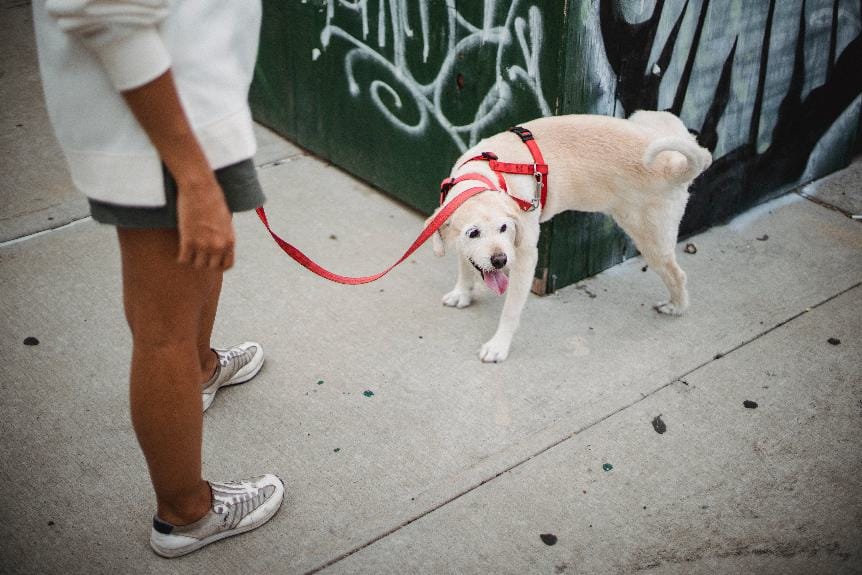
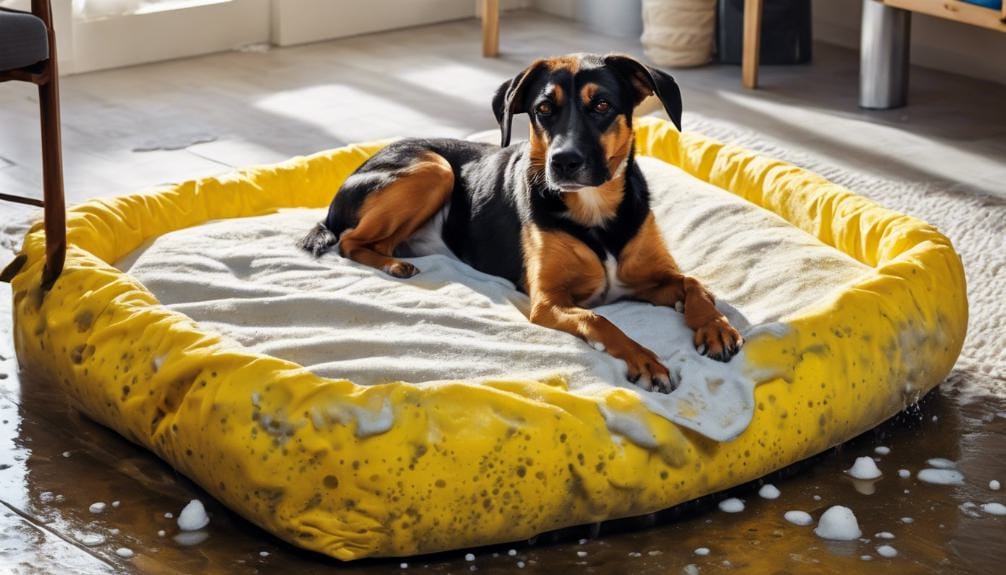
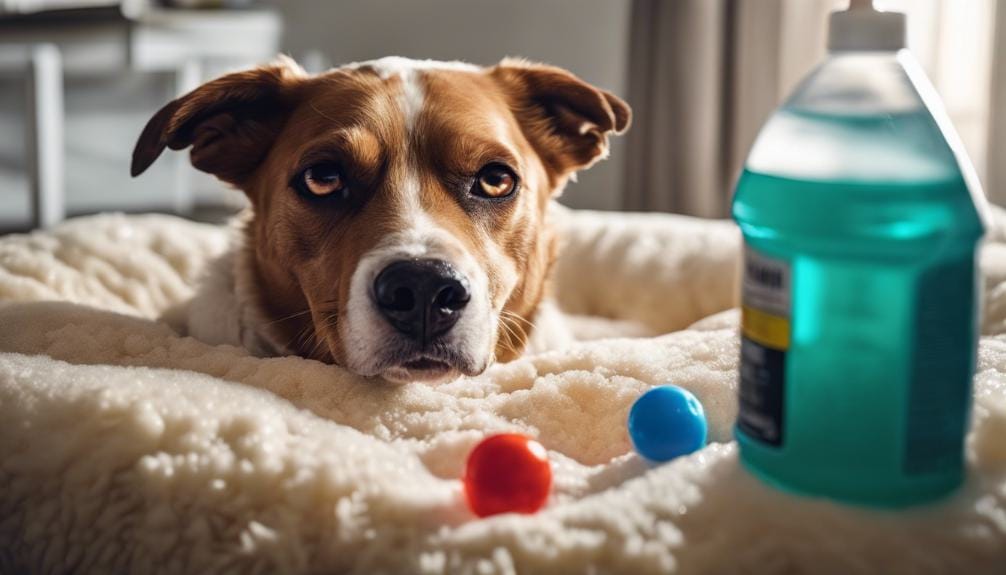
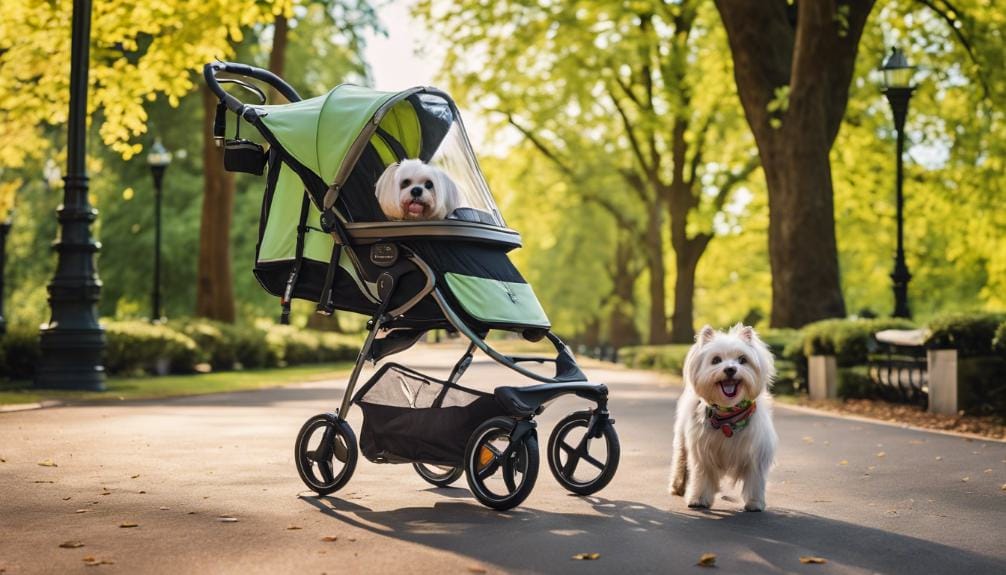
Leave a Reply
You must be logged in to post a comment.